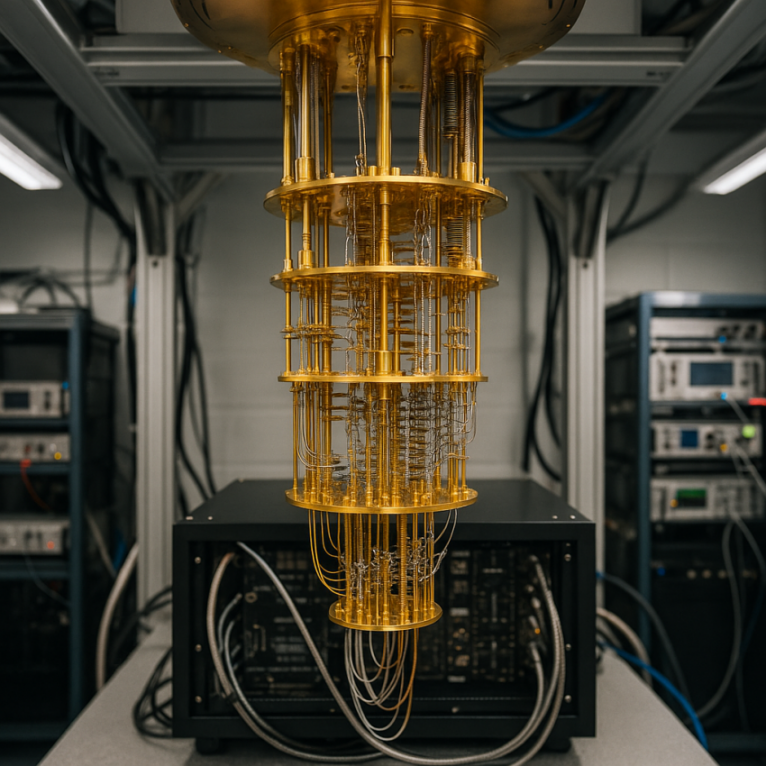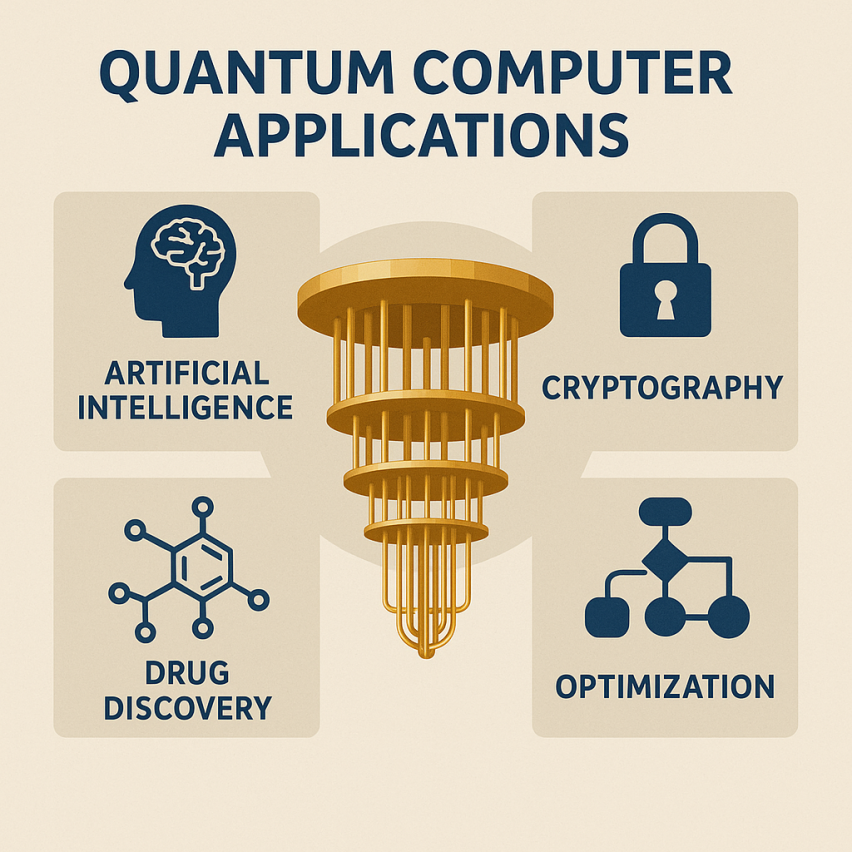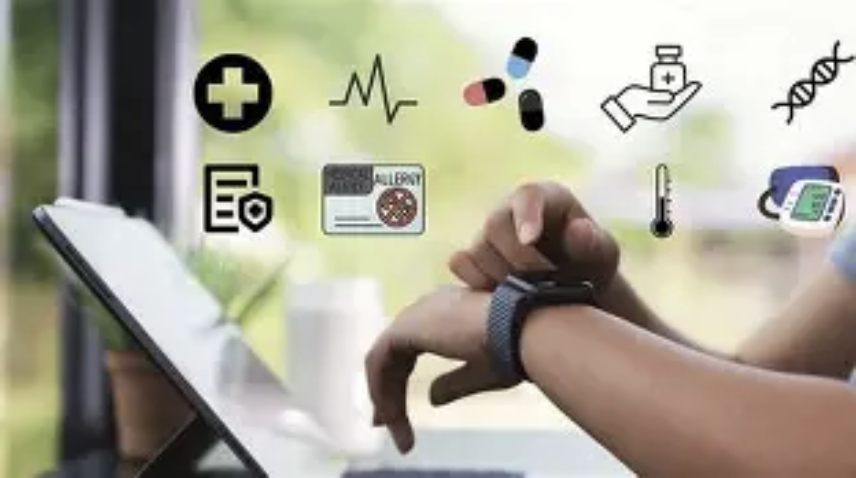Advancements in technology have ushered in one of the most exciting futures we may expect: quantum computing. This new subject holds the potential to solve difficulties that exceed the limitations of the quickest supercomputers accessible today. There are quantum bits, known as qubits, which possess the ability to symbolize both 0 and 1 at the same time. When you string together many qubits—quantum computers to date have worked with several dozen or several hundred—they can perform calculations on a massive scale.
Understanding How Quantum Computing Works
In order to grasp the strong potential of quantum computing, one must first comprehend how it different from that which one might be more acquainted with, such as regular computing. A classical computer handles data using bits. A bit can either be a 0 or a 1, and these bits are used in an ordered manner to do the calculating and program-running work of a computer. Then there's entanglement. Qubits linked together can affect each other's states, even when they're far apart. That's another way quantum computers use linked-up qubits to do massively parallel processing and, in turn, solve hard problems fast.

Potential Applications of Quantum Computing
Quantum computing can potentially deliver across a number of fields, bringing answers to problems that are presently too intricate for even the fastest supercomputers to handle.
1.Healthcare and Drug Discovery
One of the most exciting uses is in medication discovery and healthcare. Quantum computers can imitate at the atomic level the actions of molecules, assisting researchers comprehend how medications work in the human body. This might substantially cut the time required to develop new drugs and enable the formulation of individualized treatment programs based on a person's distinctive genetics.
2.Cyber security
Cyber security will also be significantly impacted by quantum computing. At present, encryption relies on the use of complex mathematical problems—problems that classical computers cannot solve within a reasonable time-frame. But quantum computers will be able to hack current encryption methods much faster and more efficiently than classical computers, which poses a security threat.
3.Climate and Weather Modeling
Climate change, natural disasters, and weather events involve processing huge amounts of data and myriad variables to predict future patterns. We could use the same calculations performed by today's computers, but many would need to be run in parallel to cover the same ground. So, we need a lot of virtual space—even more when you consider that the next-generation physics governing quantum computers allows for a virtual computational landscape.

Challenges and the Road Ahead
Even with its enormous possibilities, quantum computing has a number of trials to face. Qubits must be held in a stable state for performing calculations, yet they tend to be extremely touchy and prone to disturbances from things like temperature and electromagnetic fields that most computers handle just fine. This sensitiveness makes for a huge, unprecedented set of hurdles the quantum computing field has to clear before we can hope for reliable future systems. Additionally, right now, quantum computers need really specialized environments to work well, like temperatures that are colder than outer space.

Conclusion
To sum up, one of the most revolutionary technological advancements of our era is represented by quantum computing. Its capacity to handle intricate computational tasks at truly amazing speeds puts it in the running to transform such fields as environmental science, logistics, and even as yet unimaginable new areas of application—such as those that historically have relied on supercomputer capabilities but with far greater efficiencies. We are still in the early days of practical quantum computing, and most industry experts do not envision a usable device before the decade is out.



